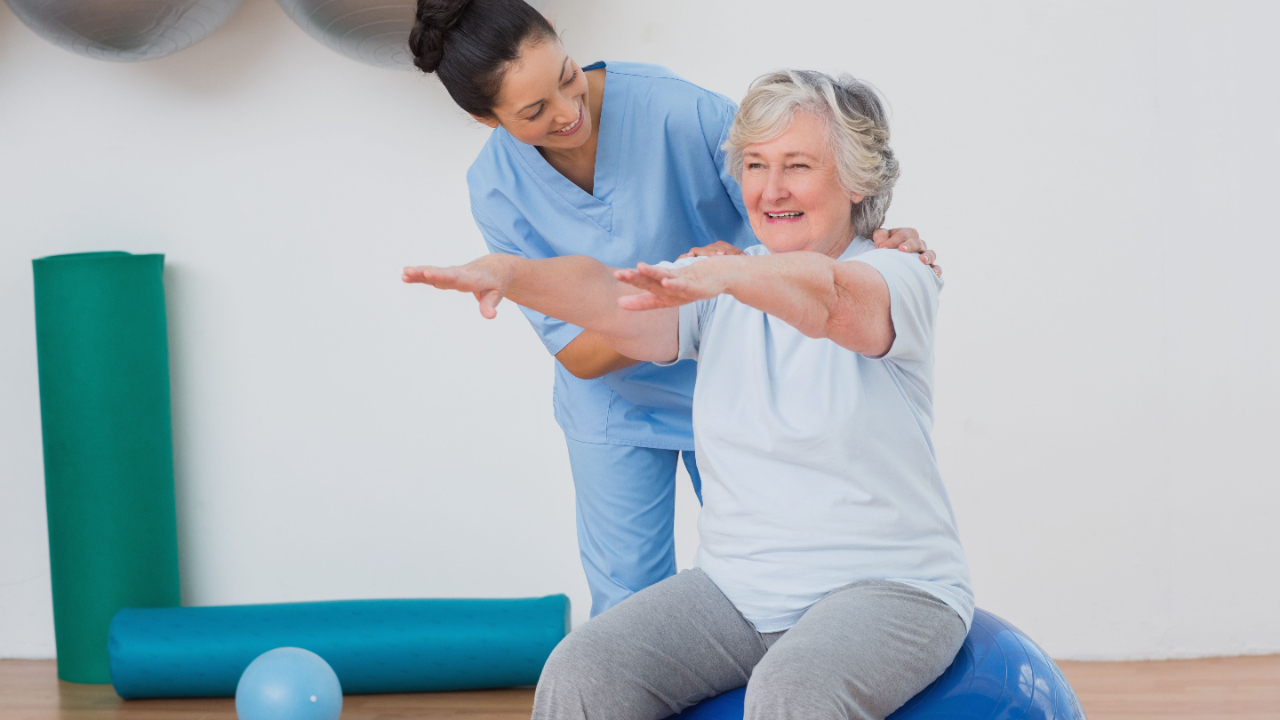
The Role of Exercise in Cancer Survivorship - Hamitha Noorus
Mar 21, 2025Do you think exercise still plays a role in your cancer journey? Your cancer journey does not end with pills or radiation treatment alone. In this blog, we will explore the importance of exercise in cancer survivorship.
We now understand more about cancer survivorship and what it means to be a cancer survivor.
What is Cancer Survivorship
As defined by the National Cancer Institute, cancer survivorship is a state of being that includes the perspectives, needs, health, and the physical, psychological, social, and economic challenges faced by people and their caregivers after a cancer diagnosis.
Who is a Cancer Survivor?
An individual is considered a cancer survivor from the time of diagnosis through the remainder of life. There are many types of survivors, including those living with cancer and those who are free of cancer. This term is meant to encompass those with a history of cancer, rather than providing a label that may or may not resonate with individuals.
Benefits of Exercise for Cancer Survivors
- Exercise Reduces the Risk of Comorbidities
- Cancer survivors often face elevated risks of comorbidities such as cardiovascular and metabolic diseases, as certain cancer treatments can induce long-term cardiotoxicity or metabolic dysregulation.
- It is well-established that regular exercise helps reduce cardiometabolic risk factors, including hypertension, dyslipidemia, and insulin resistance, thereby reducing the risks of developing comorbidities and improving long-term health.
- Improved Cognitive Function Many cancer survivors report cognitive impairments. Exercise interventions have shown potential in improving cognitive function through mechanisms that enhance neuroplasticity, neurogenesis, and cerebral blood flow.
- Mood-Regulating Effects Cancer survivors often experience psychological distress, including anxiety and depression. Regular exercise has well-documented mood-regulating effects, attributed to the release of endorphins and neurotransmitter modulation, which help reduce symptoms of anxiety and depression, thus improving overall psychological well-being.
- Reducing Cancer Recurrence
Another potential benefit of exercise during survivorship is its role in reducing the risks of cancer recurrence, metastasis, and improving disease-free survival
Why You Should Start Exercising Early
It is important to note that comorbidities and treatment side effects can persist during survivorship, but they can also begin to develop during cancer treatment or even before treatment (e.g., psychological distress after diagnosis). This highlights the importance of incorporating exercise as early as possible to manage comorbidities and side effects.
Effects of Exercise on Health-Related Quality of Life (HRQoL) in Cancer Survivors
- A randomized controlled trial demonstrated the dose-response effects of moderate-intensity aerobic exercise in improving multiple HRQoL outcomes. The study suggests that a high dose of aerobic exercise (300 minutes per week) may be needed to improve physical function, cancer-specific quality of life, sleep quality, and fatigue among early-stage colon cancer survivors.
- It is advisable to exercise under the guidance of your healthcare professional or certified cancer exercise specialist.
- Another study found that a supervised group exercise intervention improved aspects related to health- and mental-related quality of life in female breast cancer survivors.
- Further research indicates that there is enough evidence to conclude that specific doses of aerobic, combined aerobic plus resistance training, and/or resistance training can improve common cancer-related health outcomes, including anxiety, depressive symptoms, fatigue, physical functioning, and health-related quality of life.
Hamitha Noorus - BPT, CDRS, CETI OncoVie™ Cancer Exercise Specialist
Hamitha can be contacted at: [email protected]
References
- Exercise Guidelines for Cancer Survivors: Consensus Statement from International Multidisciplinary Roundtable
Link - The Influence of a Supervised Group Exercise Intervention Combined with Active Lifestyle Recommendations on Breast Cancer Survivors’ Health, Physical Functioning, and Quality of Life Indices: Study Protocol for a Randomized and Controlled Trial
Link - National Cancer Institute - Cancer Survivorship Definitions
Link - Exercise Across the Phases of Cancer Survivorship: A Narrative Review
Link - A Randomized Dose-Response Trial of Aerobic Exercise and Health-Related Quality of Life in Colon Cancer Survivors
Link
Start your journey to becoming an OncoVie™ Cancer Exercise Specialist with our world-leading courses in oncology exercise.

